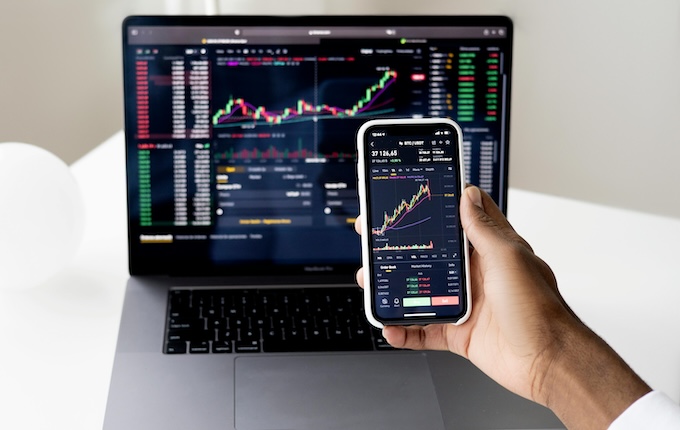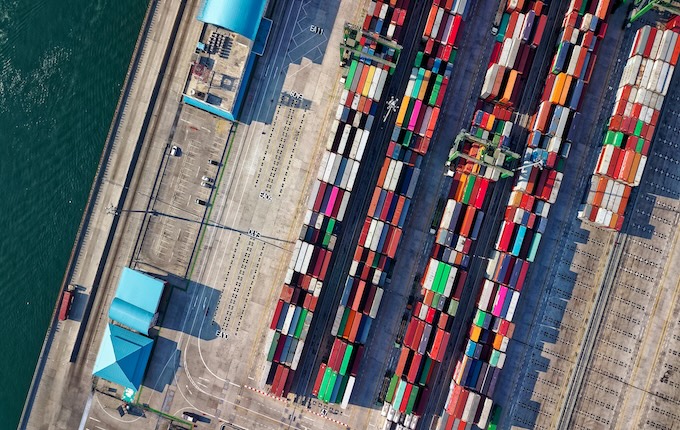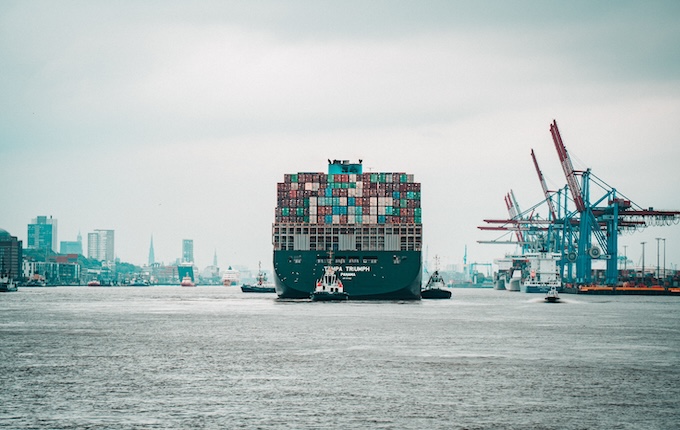2024 International Shopping Trends
As we stand on the brink of 2024, the international shopping and shipping market presents a complex landscape influenced by a number of factors, both positive and negative. In this article, we will explore the key elements shaping the landscape of global commerce, from the positive trends fueling international shopping to the potential obstacles that could hinder the seamless flow of goods across borders.
Positive Trends Driving International Shopping
Global E-Commerce Boom
The global e-commerce sector continues to experience exponential growth, with online retail sales projected to reach $6.5 trillion by 2024, according to Statista. This surge is driven by increased internet and mobile device usage, and the convenience of online shopping platforms. As consumers worldwide become more accustomed to digital transactions, international retailers are presented with an ever-expanding customer base.
Furthermore, the pandemic reshaped global e-commerce trends. Mobile commerce (or m-commerce) is at the forefront of this shift, with more consumers shopping on smartphones and tablets. Advancements in technology — such as social shopping, 5G wireless, business automation, and branded mobile apps — contribute to the ease with which people can purchase on their mobile devices.
During the Black Friday/Cyber Monday sales season in 2022, a whopping 69% of all online purchases from Shopify businesses were made using mobile devices. The upward trajectory of mobile commerce is anticipated to continue, with a projected 42.9% of e-commerce sales deriving from mobile devices by 2024. Also worth noting is the meteoric rise of social commerce; by 2025, sales on social media is expected to triple, especially in countries like China where more than 84% of consumers use social media to shop.
Diversification of Marketing Channels
Exciting innovations in marketing channels define the evolution of advertising. Over the last five years, social commerce — as seen by Instagram and Facebook shopping — has emerged as a major participant. One of the offshoots of social commerce, live shopping, has become one of the fastest-growing markets in China.
Online video streaming services like YouTube, Roku, and Hulu produce new types of connected television advertising. These ads — perceived similarly to traditional TV commercials — have proven effective in campaigns, as seen by Hoka’s international ad campaign reporting a 68% spike in e-commerce website traffic and heightened social media engagement.

Economic Growth in Emerging Markets
As emerging economies thrive, a growing middle class with increased purchasing power is reshaping consumer dynamics. This shift not only offers new prospects for global retailers but also signifies a rising demand for premium products and unique offerings that are not readily available locally.
Notably, Southeast Asia is experiencing a significant surge in e-commerce growth, with Thailand (18%), Malaysia (18.3%), Indonesia (23%), India (25.5%), and the Philippines (25.9%) leading the charge in 2022. Insider Intelligence and eMarketer predict that India and the Philippines will maintain their top positions until 2026.
This e-commerce boom is particularly pronounced in India, where digital buyers are projected to spend over $21 billion in 2023, and Indonesia expects a spending increase exceeding $16 billion. As these Southeast Asian nations become critical players in online consumerism, international retailers have a golden opportunity to tap into these dynamic markets.
In this age of economic growth, international package forwarding companies, like Shipito, are a great tool to help e-commerce businesses thrive and reach consumers all over the world. With affordable rates, fast shipping, and business automation, Shipito for Business is the premier third-party logistics partner in the industry.
Challenges Impacting International Shopping

Inflationary Pressures
The global rise in inflation has become a paramount concern for consumers worldwide, with 40% of respondents placing it above poverty, social inequality, unemployment, and even the Coronavirus pandemic. This leads to a significant impact on consumer purchasing power, potentially limiting discretionary spending on non-essential items. As prices increase, consumers may become more selective in their purchasing decisions, affecting the demand for international products that often come with additional small business shipping costs.
For businesses planning to venture into cross-border e-commerce, understanding and accounting for the inflation rates in target countries will be crucial in shaping pricing strategies that resonate with potential customers. Thankfully, international parcel forwarding services like Shipito offer tools like a shipping calculator to make the process easier for sellers and buyers alike.

Supply Chain Disruptions
The 2024 international shopping market faces persistent challenges even as the supply chain crisis has subsided. Importers in America are grappling with concerns that continue to impact their planning and operations.
Two crucial container shipping “bottlenecks” — the Bab-el-Mandeb Strait in the Red Sea and the Panama Canal — are particularly susceptible to supply chain disruptions. Simultaneous threats to these vital routes add complexity to global logistics, contributing to uncertainties in the flow of goods.
Compounding these challenges are the financial strains on container lines, leading to the cancellation of an increasing number of vessel sailings. By hinting at a possible strike in October, the dockworkers union — which provides services to ports throughout the East and Gulf Coasts — intensifies the situation even more. Concerns about import shipment delays linger despite generally low freight prices, so importers must be ever vigilant and flexible in strategies to navigate the intricate landscape of international commerce.
Fortunately, international package forwarding services like Shipito can assist you with your international shopping and package shipping needs. As a leading third-party provider of business shipping solutions, Shipito is known for its fast shipping and affordable rates. To learn more about how Shipito can assist you with your international mail forwarding requirements, click here.

Geopolitical Uncertainty
Political instability and geopolitical tensions can create an atmosphere of uncertainty, impacting consumer confidence and supply chain management. The current landscape is fraught with heightened risks due to various conflicts, with potential watershed elections looming in 2024.
The Israel-Hamas conflict — though primarily localized in Gaza and Israel — poses a significant risk of escalation. The potential conduit for this crisis to the global economy and markets lies in oil prices, a crucial factor in international trade. Similarly, the ongoing war in Ukraine — a key macro risk — has implications for Europe’s economy, particularly in its energy-intensive heavy industry sector.
Europe’s strategic diversification of energy sources has mitigated some economic impacts, but the potential for disruptions to energy and food markets, as well as supply chains, remains a tangible risk. If realized, a rebound in natural gas and food prices could undermine recent progress in containing inflation and impact real consumer spending, directly affecting international shopping trends.
Final Thoughts

As we navigate through 2024, the international shopping and shipping market outlook presents a complex landscape of opportunities and challenges. The positive trends — such as the global e-commerce boom and diversification of marketing channels — offer exciting possibilities for businesses to tap into a vast and diverse consumer base. However, the challenges posed by inflation, supply chain disruptions, and geopolitical uncertainties to business fulfillment require careful consideration and strategic planning.
For international retailers, staying informed about market trends and adapting to evolving consumer preferences will be crucial. Embracing technological innovations, prioritizing sustainability, and building resilient supply chains will position businesses to thrive in the dynamic and competitive world of international commerce. By understanding both the positive and negative factors at play, stakeholders can make informed decisions to navigate the complexities of the 2024 global shopping market.
Integrated business solutions like Shipito can help you get an edge over your competitors. Learn more about our logistics solutions today by filling out the form below.
